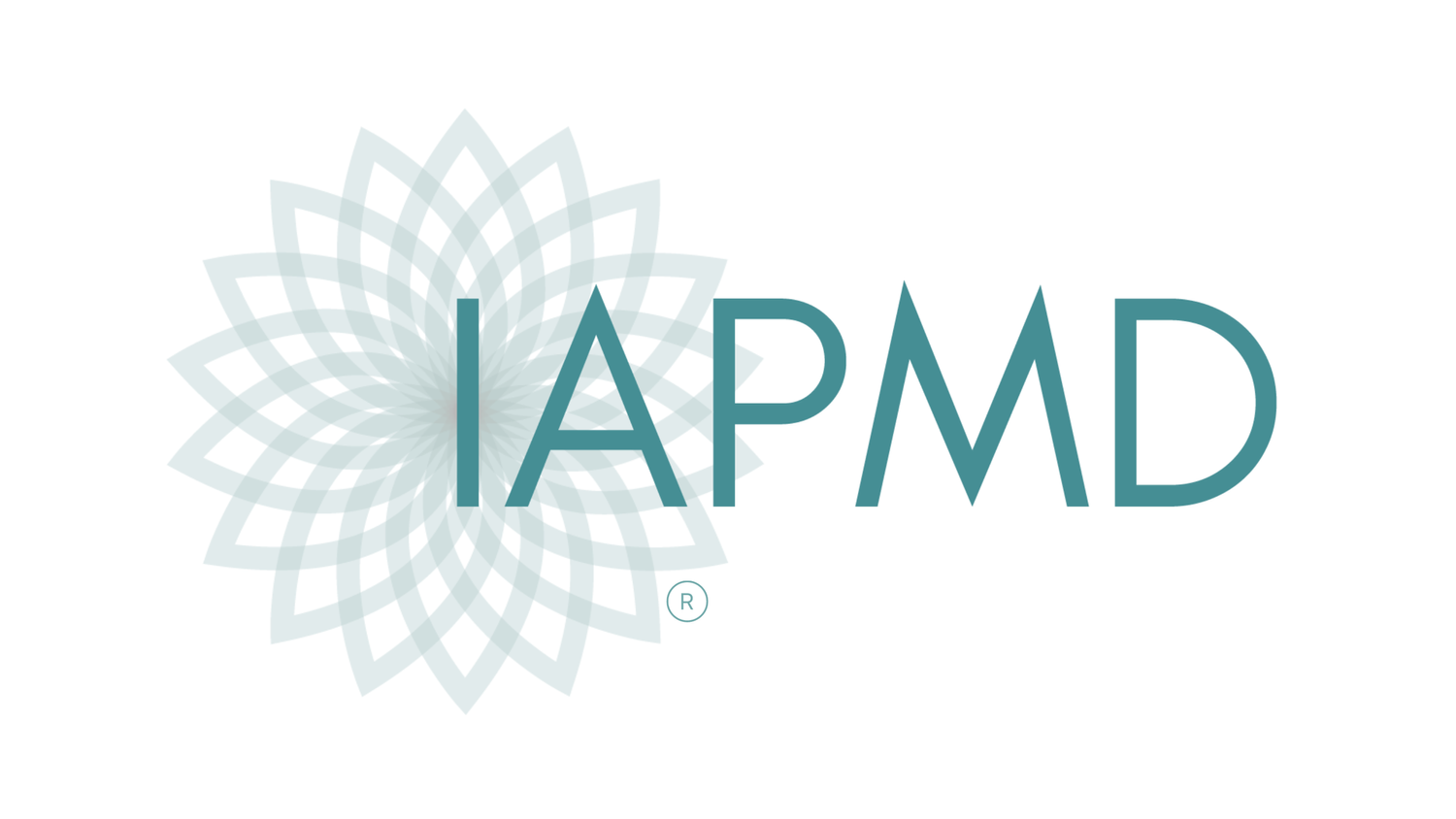Inaugural Premenstrual Disorders Awareness Month Aims to ‘Connect the Dots’ Between Hormones and Mental Health
BOSTON, MA -- April 2022 marks the first Premenstrual Disorders (PMD) Awareness Month, an internationally celebrated event to raise awareness and build advocacy for premenstrual disorders. The 2022 theme is ‘Connect the Dots’ to emphasize the connection between hormones and mental health and to facilitate creating connections between patients, professionals, and supporters worldwide.
In 2013, Premenstrual Dysphoric Disorder (PMDD) Awareness Month was founded and is celebrated each year in April. However, with increased research, understanding of the complex connection between hormones and mental health has evolved. To mark that evolution, we have expanded the month this year beyond PMDD to raise awareness and provide support for all core premenstrual disorders.
Premenstrual disorders include Premenstrual Dysphoric Disorder (PMDD) and Premenstrual Exacerbation (PME) of underlying conditions. PMDD is a much under-diagnosed reproductive mood disorder affecting 1 in 20 women/AFAB individuals of reproductive age (60 million worldwide) and causes debilitating mental, emotional, and physical symptoms. Recent research from the University of Illinois at Chicago in collaboration with the IAPMD, demonstrates that an estimated 34% of sufferers attempt suicide in their lifetimes. PME refers to the premenstrual exacerbation of physical and mental health conditions such as depression, anxiety, and bipolar disorder.
A sample of planned PMD Awareness Month events include:
58 light-ups of world landmarks in PMD’s signature teal color, including CN Tower, Niagara Falls, and Perth Bell Tower.
The 3rd Annual Ignite Your Fight virtual race on April 23
PMD Remembrance Day on April 27 to honor those who have lost their lives to suicide due to premenstrual disorders
Introductory webinars for patients and professionals
A daily awareness challenge on Instagram
As premenstrual disorders are still an emerging topic in women's mental health research and the mainstream health dialogue, an increase in visibility and representation is essential to help sufferers connect the dots sooner so they can identify that they have a disorder and seek treatment for their condition.
###
For comment, contact Sandi MacDonald, IAPMD Co-founder & Executive Director at media@iapmd.org. We have patients, experts, and family members of patients available and eager to contribute their experience and expertise.
